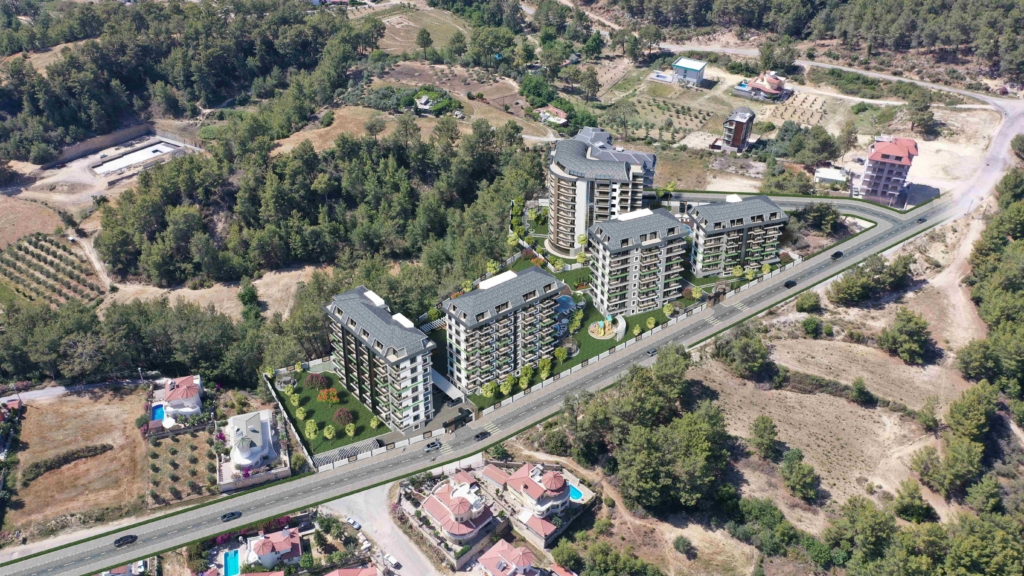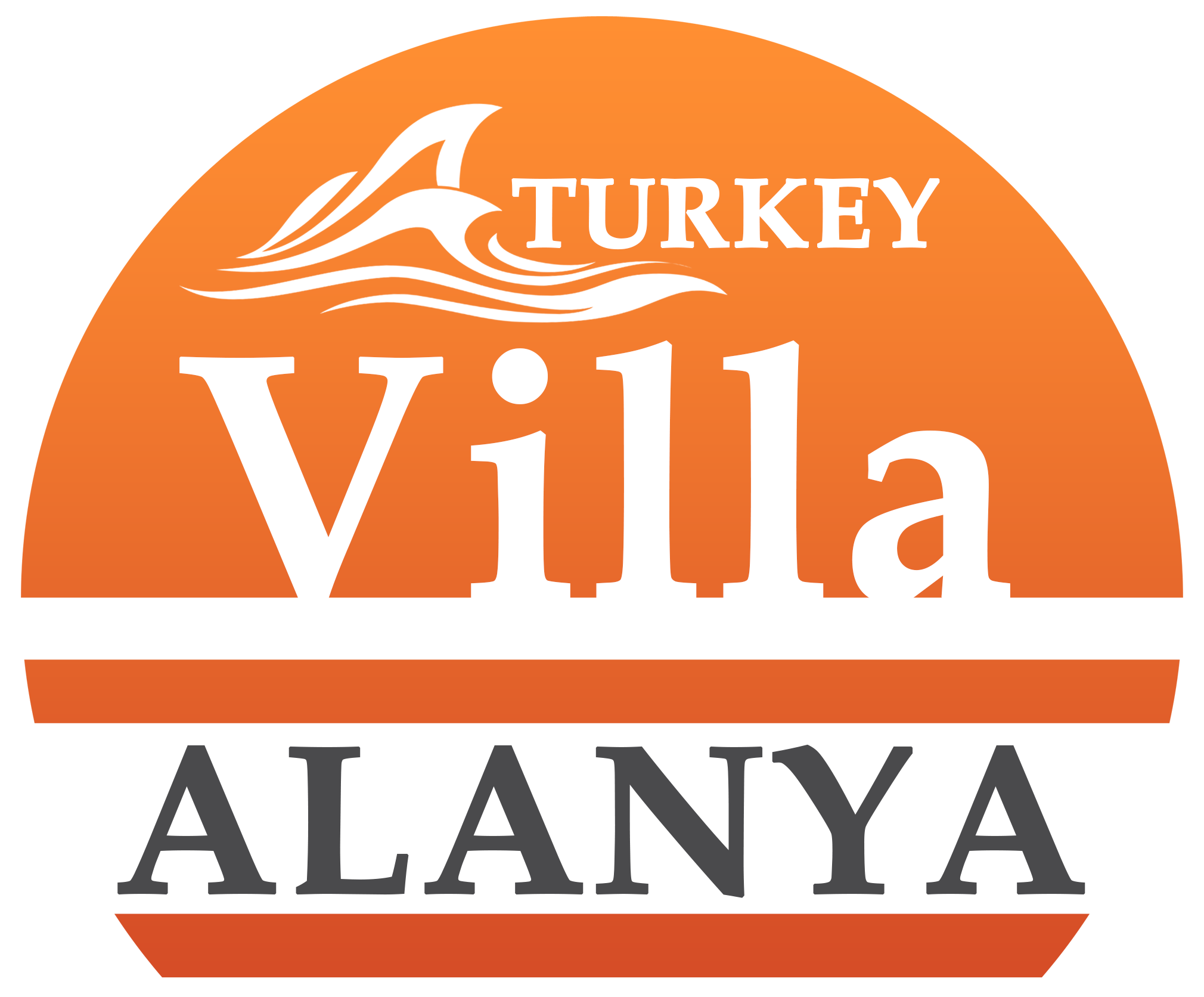Buying or Renting a House in Turkey? Understanding the Financial Implications
Buying or renting a house in Turkey involves careful consideration of the financial implications associated with each option. One of the primary financial differences lies in the upfront costs. When buying a house, potential homeowners must be prepared to cover a down payment, which typically ranges from 5% to 20% of the home’s purchase price. Additionally, there are closing costs, which can add another 2% to 5% of the home’s value. In contrast, renting generally requires a security deposit, usually equivalent to one or two months’ rent, making the initial financial outlay significantly lower.
Ongoing expenses also vary considerably between buying and renting. Homeowners face monthly mortgage payments, property taxes, homeowners insurance, and maintenance costs. For instance, a homeowner with a 3,000,000 TL mortgage at a 4% interest rate might pay around 14,320 TL per month, excluding property taxes and insurance. Renters, on the other hand, pay a fixed monthly rent, which often includes certain utilities and maintenance, providing a more predictable budget without the unexpected costs of home repairs.

An important financial aspect of buying a house is the concept of equity. Equity refers to the portion of the property that the homeowner truly owns, which increases as mortgage payments are made and the property value appreciates over time. This can serve as a form of forced savings and potential investment. In Turkey’s real estate market, property values have been observed to increase over the long term. For example, a homeowner who purchased a house for 2,500,000 TL and sold it 10 years later for 3,500,000 TL would have realized significant equity growth.
In contrast, renting does not build equity. Rent payments are consistent, providing stability but do not contribute to asset accumulation. In Turkey, the average rent in major cities like Istanbul was around 15,000 TL per month as of 2023. Over 10 years, that would amount to 1,800,000 TL with no return on investment.
Ultimately, the financial choice between buying or renting a house in Turkey depends on individual circumstances, including financial stability, long-term goals, and market conditions. Both options have distinct financial implications that must be carefully weighed.
Lifestyle Considerations: Buying or Renting a House in Turkey
When contemplating the decision between buying or renting a house in Turkey, one’s personal lifestyle and future plans are critical factors to consider. Job stability, family planning, and the desire for flexibility all play significant roles in determining which option is more advantageous.
For individuals with stable careers and a clear vision of their future, purchasing a home can offer a sense of security and permanence. Homeownership fosters a sense of community and allows for long-term investments in the property, which can be particularly appealing to those planning to start or grow a family. The stability of owning a home can provide a nurturing environment for children and a foundation for building lasting relationships within the neighborhood.
Conversely, renting offers unparalleled flexibility, making it ideal for those whose job requires frequent relocations or who are unsure of their long-term plans. Renters can easily move to different cities or countries without the burden of selling a property. This flexibility is particularly beneficial for young professionals or individuals in industries with high mobility, such as consulting or academia, where moving frequently is commonplace.

The desire for flexibility can also be driven by lifestyle preferences. Some people may prioritize travel, leisure, or career advancement over the responsibilities that come with homeownership. Renting allows individuals to avoid maintenance and repair costs, property taxes, and other expenses associated with owning a home, thereby freeing up finances for other pursuits.
Different lifestyle scenarios align better with either renting or buying. For example, a young couple planning to settle down in a specific area may find buying a house more advantageous. On the other hand, a single professional with a dynamic career path might benefit more from the flexibility of renting. Ultimately, the decision between renting and buying should be guided by one’s current lifestyle needs and future aspirations.
Market Conditions and Timing
When contemplating whether to pursue buying or renting a house in Turkey, it is imperative to consider the prevailing market conditions and timing. The emlak piyasası is significantly influenced by a variety of factors such as interest rates, housing market trends, and the broader economic environment. These elements can either make purchasing a property a financially sound decision or suggest that renting may be the wiser choice.
Interest rates, for instance, play a pivotal role in determining the cost of buying a house. Lower interest rates can make mortgages more affordable, enabling buyers to secure more favorable loan terms and reduce overall expenses. Conversely, when interest rates rise, the cost of borrowing increases, potentially making homeownership less attractive. Monitoring interest rate trends can thus provide valuable insights into the optimal time for buying a house.
Additionally, housing market trends should be closely scrutinized. A buyer’s market, characterized by a surplus of available properties and lower prices, can be advantageous for those looking to purchase. On the other hand, a seller’s market, where demand outstrips supply, can drive prices up, making renting a more appealing option. Analyzing current market trends, such as price fluctuations and inventory levels, can aid in determining the most favorable times to buy or rent. For more detailed statistics, you can refer to the Turkish Statistical Institute Housing Sales Statistics and Emlak Konut Market Reports.

The broader economic conditions also exert a significant influence on the real estate market. During periods of economic growth, job stability and rising incomes can bolster the housing market, making buying a house more feasible for many individuals. However, economic downturns, marked by job losses and reduced incomes, can constrain financial capacity, often making renting a more pragmatic choice. Keeping abreast of economic indicators such as employment rates and GDP growth can provide essential context for making informed housing decisions.
Experts recommend that potential buyers and renters stay informed about these market signals and trends. Financial advisors and real estate professionals can offer tailored advice based on current conditions, helping individuals navigate the complexities of the market and make choices that align with their financial goals and circumstances. By carefully considering these factors, one can better determine whether buying or renting a house in Turkey is the more advantageous option at any given time.
Long-Term Benefits and Risks: Buying or Renting a House in Turkey
When contemplating whether buying or renting a house in Turkey is more advantageous, it is essential to consider the long-term benefits and risks associated with each option. For those who choose to buy a house, several long-term benefits come into play. One significant advantage is property value appreciation. Over time, the value of a home can increase, providing homeowners with substantial equity and a solid return on investment. Additionally, owning a home can offer tax benefits, such as deductions on mortgage interest and property taxes, which can result in substantial savings.
Another benefit of homeownership is the potential for rental income. Homeowners have the option to rent out part or all of their property, generating an additional revenue stream. This can be particularly advantageous in markets where rental demand is high. However, owning a home also comes with risks. Market volatility can impact property values, potentially leading to a decrease in home equity. Furthermore, the financial burden of homeownership includes not only the mortgage but also maintenance costs, property taxes, and insurance.
On the other hand, renting offers a different set of long-term benefits and risks. One of the most notable advantages of renting is the avoidance of maintenance costs. Renters are typically not responsible for repairs and upkeep, which can result in significant savings over time. Moreover, renting provides the flexibility to move without the complexities of selling a property. This can be particularly beneficial for individuals whose careers require frequent relocations or for those who prefer not to be tied down to a specific location.

However, renting is not without its risks. Rent increases are a common concern, as landlords may raise rents periodically, impacting a renter’s budget. Additionally, renters do not build equity as homeowners do, meaning they do not benefit from property value appreciation. This can result in a lack of long-term financial growth compared to homeownership.
Ultimately, the decision between buying or renting a house in Turkey depends on individual circumstances and long-term goals. By carefully weighing the benefits and risks associated with each option, individuals can make an informed decision that aligns with their financial situation and lifestyle preferences.





